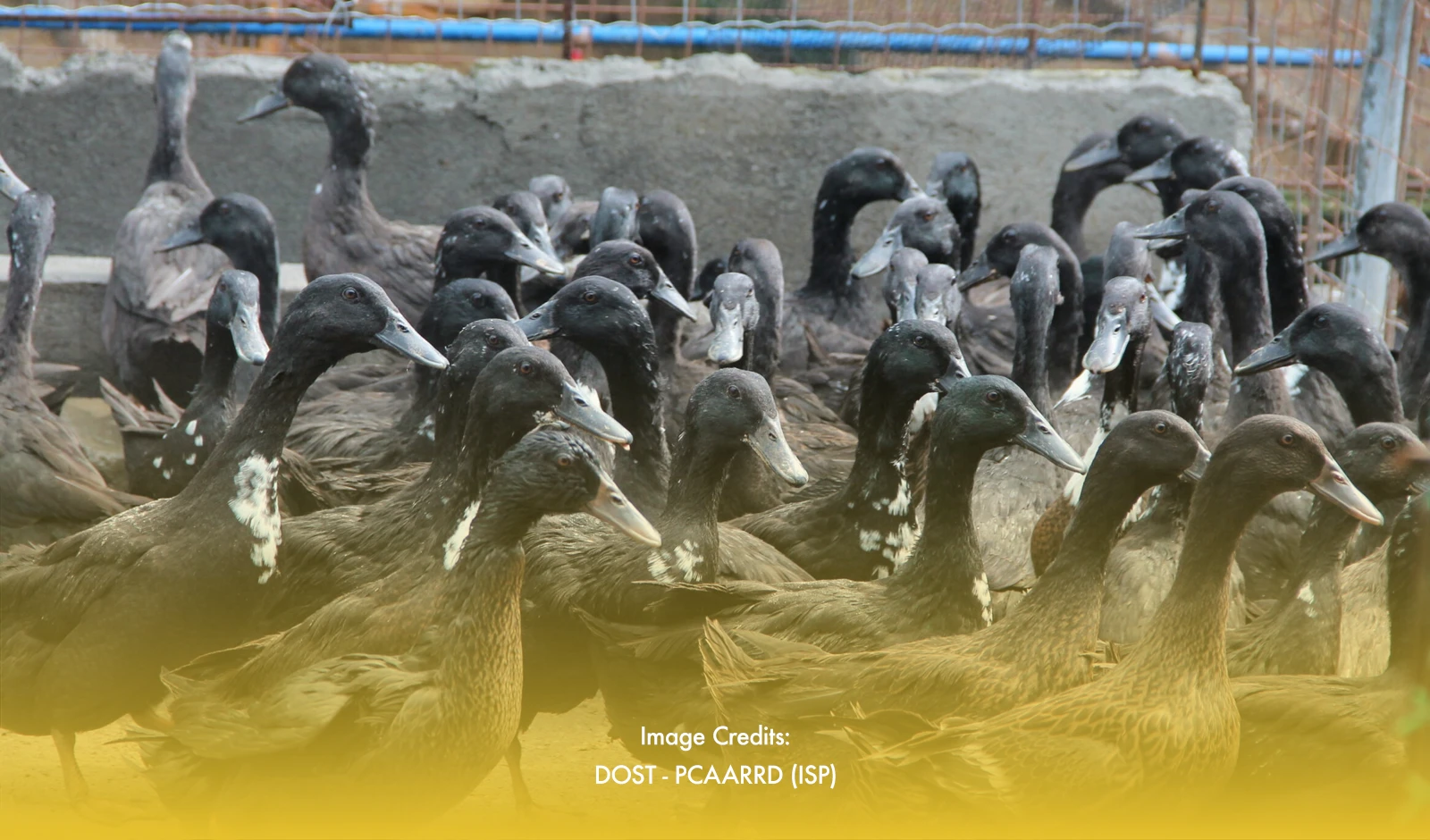Foundation University (FU), located in Negros Oriental's capital city, is preparing to launch a transformative agricultural initiative next month. The “Itik Pinas” duck-raising project, backed by a PHP5 million grant from the Department of Science and Technology - Philippine Council for Agriculture, Aquatic and Natural Resources Research and Development (DOST-PCAARD), is set to significantly enhance local agriculture.
New Project Set to Transform Local Agriculture
The “Itik Pinas” project marks a pivotal development for agriculture in Negros Oriental. Dean Jobert Kleine Koerkamp of FU’s College of Agriculture shared that the project, approved earlier this year, is now ready to commence. Extensive preparations have been undertaken, including the construction of necessary facilities and the establishment of a dedicated farm and hatchery. With these steps nearly completed, the project will officially begin next month.
The Itik Pinas breed, indigenous to the Philippines, features three hybrids: Itim (black), Khaki, and Kayumanggi (brown). Of these, Kayumanggi is especially valuable for producing “balut,” a renowned Filipino delicacy made from fertilized duck eggs.
Ensuring Biosecurity and Health
In light of restrictions on live fowl imports into Negros Oriental, FU will receive 1,600 Itik Pinas eggs from the Bureau of Animal Industry - National Swine and Poultry Research and Development Center in Tiaong, Quezon. To prevent the spread of diseases such as avian influenza, FU has implemented stringent biosecurity measures. These precautions are essential to maintaining the health of the ducks and ensuring the success of the project.
The eggs will be incubated and hatched on FU’s farm in Tanjay City, where a specific area has been designated for this initiative. This careful planning aims to create a secure environment for the ducks and support the project's long-term success.
Looking Ahead: Expansion and Future Goals
The initial phase of the “Itik Pinas” project will focus on breeding the native ducks from the hatched eggs. FU’s College of Agriculture will manage the segregation of ducks by gender to optimize breeding and egg production. Koerkamp is optimistic that by the end of the first quarter of next year, the project will be able to provide Itik Pinas Kayumanggi ducks for local markets.
In addition to the primary government-funded project, FU is launching a supplementary IP duck breeding initiative. This additional effort aims to increase breeding stocks and further support the sustainability of duck-raising in the region. Together, these projects are set to boost local agriculture, improve food security, and offer valuable resources to the community.








